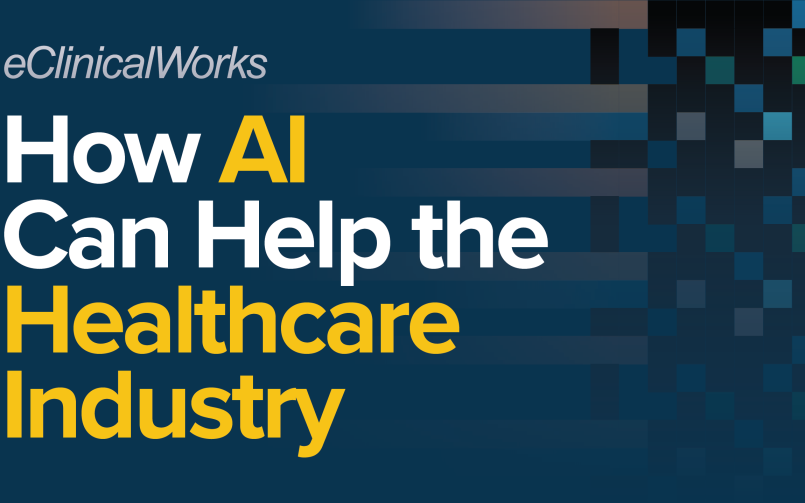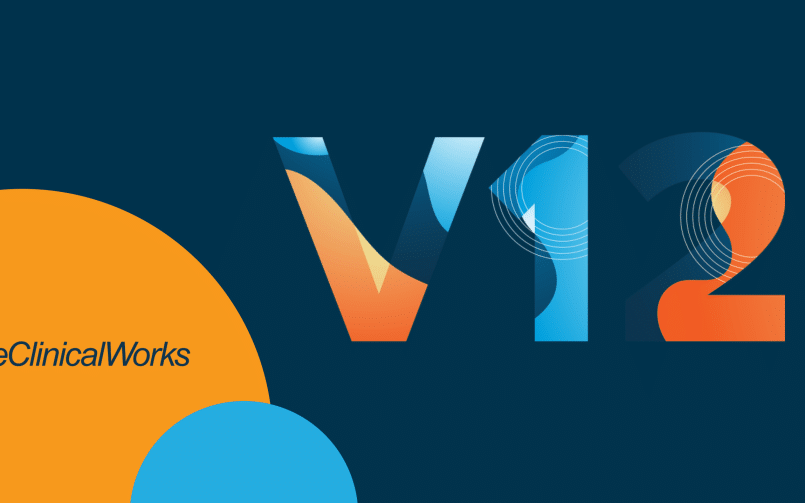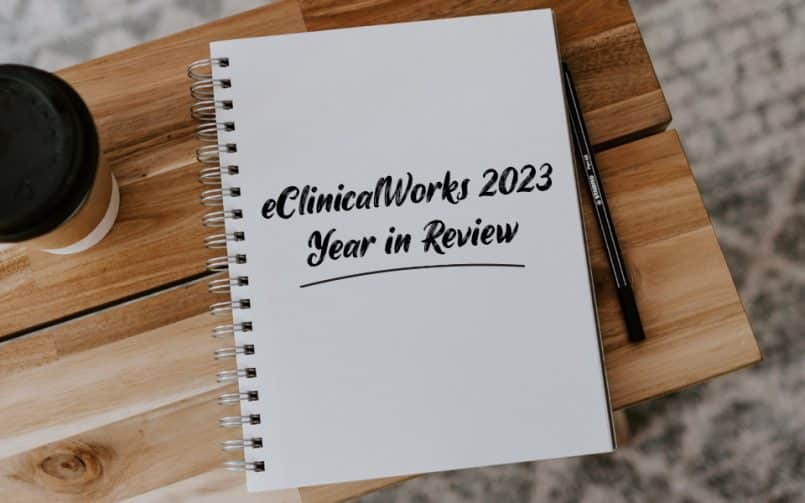Healthcare 2024: Trends to Look for in the Year Ahead
- 1 February 2024
- Blog
eClinicalWorks

By regulation and innovation, big things are coming to the healthcare industry in 2024. Here are a few of those things that will push healthcare in a positive direction.
2024 Medicare Advantage and Part D Final Rule
These policy updates went into effect on January 1, 2024.
1. Curbing Deceptive Marketing
Last year, it was reported that advertisements suggested something about a plan that turned out to be untrue. To curb deceptive marketing, Care Management Services (CMS) included marketing provisions in the Final Rule. CMS prohibits television ads that don’t mention a specific plan name and those that use content, language, or Medicare logos that are misleading, confusing, or misrepresent the plan.
CMS policy reinstatements include directives to prevent predatory behavior. Additional changes give plans more authority to monitor the source activity which leads to much of the deceptive marketing. The rule also finalized provisions that ensure Medicare beneficiaries know how to access and receive accurate information on Medicare coverage.
2. More Power for Prior Authorization
The Final Rule includes streamlining Prior Authorization requirements to reduce care delays and restrictions for Medicare Advantage beneficiaries. These policies can only be used to confirm the presence of diagnoses or other medical criteria to ensure that an item or service is medically necessary.
Plans must provide at least a 90-day period in which Prior Authorization isn’t required for current treatment when a beneficiary switches to a new plan. Prior Authorization approval for treatment must be valid for as long as medically necessary. The rule also requires all Medicare Advantage plans to establish a committee dedicated to performing an annual review of Prior Authorization policies to ensure they are consistent with coverage guidelines in traditional Medicare.
3. Better Access to Behavioral Healthcare
New Network Adequacy requirements have been introduced to improve access to Behavioral Healthcare for Medicare Advantage beneficiaries. Clinical psychologists and licensed clinical social workers will be added to the list of evaluated specialties. It codifies standards for appointment wait times for Primary Care and Behavioral Healthcare services.
Also, this requires beneficiaries to be notified by Medicare Advantage plans when payers drop their providers from their networks. Plans must establish care coordination programs prioritizing community, social, and Behavioral Healthcare services.
4. Expanded Access to the Low-Income Subsidy
The Inflation Reduction Act expands the Part D Low-Income Subsidy benefit to beneficiaries with incomes up to 150% of the federal poverty level. This allows people currently eligible for the partial subsidy to get the full subsidy. There will be no deductible, no premiums, and fixed lower copayments for certain Part D drugs. This expansion boosts access to prescription drug coverage for 300K low-income beneficiaries.
Ambient Listening Technology
Healthcare is evolving fast. Providers, practices, patients, and vendors are looking for an edge at every turn. That latest edge is ambient listening. Providers across the nation are integrating this technology into Electronic Health Record workflows, significantly enhancing provider efficiency and patient care.
Sunoh.ai is one example of this groundbreaking innovation. Sunoh is a medical scribe which translates patient-provider conversations into clinical documentation. It’s a unique and immersive experience that makes taking clinical notes faster and easier. Sunoh listens to the conversation, generates a dialogue flow, creates the documentation, assists with orders and follow-up appointment scheduling, and provides a summary for review. Providers spend less time taking notes and more time focusing on their patients.
Generative AI Integration
Workflows will be streamlined and simplified with the integration of Generative AI into the EMR and Practice Management System. eClinicalWorks® (eCW) has locked in guardrails to the process, assuring the emergence of responsible AI in healthcare.
The eCW implementation acts as a copilot, making it easier for providers to interpret results and generate patient-specific recommendations. Generative AI also has the potential to categorize data that can be used to inform AI algorithms, create chatbots, and develop virtual assistants to help at every step of the patient journey. Though applications are limitless, the eCW guardrails keep the providers in control and the patient data secure.
Visit eClinicalWorks for more information on how Generative AI integration and other AI-powered initiatives can support and improve your practice.

































